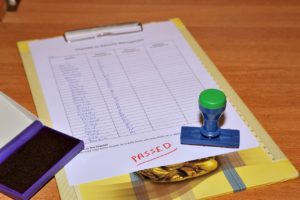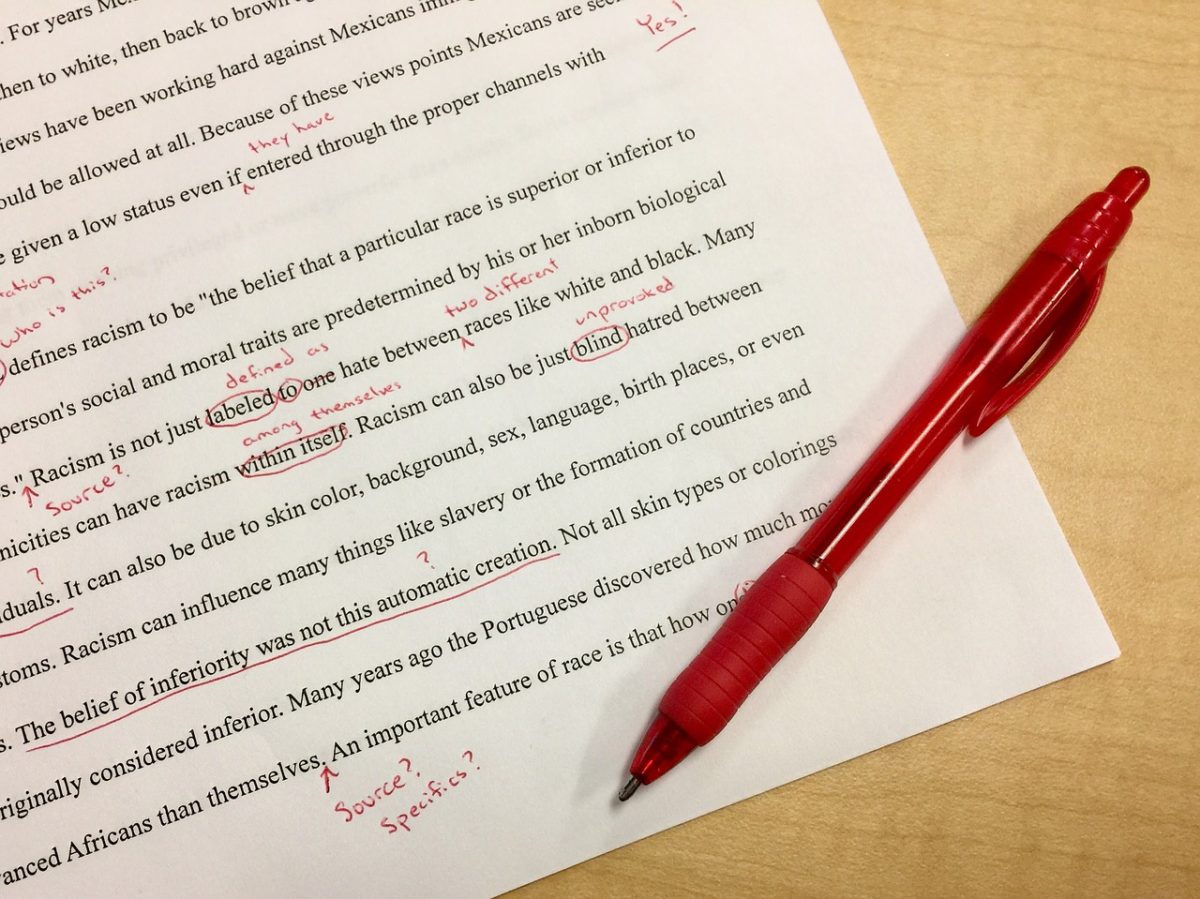A translation test is a sample translation freelance translators do (or don’t do) for agencies or clients to show what they can do. It’s different from a standard translator’s portfolio in that the source text is usually provided by the agency/client, not prepared by the translator. There are a lot of good arguments on either side as to whether a freelancer should do a translation test or not. I lean on the side of “Yes, under some conditions” and I’ll explain why.
Firstly most debates circle around the issue of free tests, so we’ll take paid tests out of the equation. A paid test is a job like any other and you should definitely do them unless they’re in a language pair or field that you don’t handle. The rest of this post will deal with free tests.
You don’t need to do a translation test if:
- You have several years of experience.
- You have ATA, IoL, CIoL or other similarly rigorous certifications.
- You have plenty of work in the pipeline.
- You have an extensive portfolio of sample translations/published works.
- You are very busy or not particularly looking for new clients.
- You already work with that agency/client. They know what you’re capable of. If they want any extras they should pay for it.
- The client is the one that contacts you.
You should consider doing a test if:
- You are relatively new to the industry and want to prove your capabilities.
- You don’t have a strong CV or experience in the field.
- You live/come from a country where your language pair is not common. For example, I’m from Ghana, a wonderful country in many ways but not one known for its Japanese speakers. It’s usually faster to show agencies that I can walk the walk than to spend time talking myself up.
- There is a concrete project waiting to be assigned and the test is to determine your fit.
- If translation tests are common in your language pair market. For some reason Japanese agencies are very big on tests, U.S.-based agencies much less so.
- The agency/client passes all your due diligence tests and your rates are a good match.
That last one is important so you don’t waste time passing tests only to discover the agency is offering $0.03 per Japanese character when you want four times that rate. Notice I didn’t add “If you have nothing better to do.” That’s one way to fill your time when you’re still starting out, but doing tests willy-nilly for just anybody is a pointless exercise. Due diligence first, make sure it’s a sound agency you really want to work with and then do a test if they require it.
The general guideline if you do take a test is 200-300 words for a free test. I’ve done tests a little longer than that because of the way Japanese works, no biggie, but up to 500 words is a good maximum. Something you can knock out in an hour, maybe two, without too much stress.
Do translation tests lead to paid work?
 Indeed they do. But not always. In fact, not very often. A quick glance at my financial records show that the bulk of my earning come from agencies that either didn’t require a test or gave me a paid test. But I also work with a few I did tests for and they are no better or worse than the non-testers.
Indeed they do. But not always. In fact, not very often. A quick glance at my financial records show that the bulk of my earning come from agencies that either didn’t require a test or gave me a paid test. But I also work with a few I did tests for and they are no better or worse than the non-testers.
But, as I said, there’s no guarantee that a test will lead to work. There’s no guarantee you will even hear from the company after the test, even if you write in to ask what their decision was. Sometimes you get a cryptic “Failed, try again in three months,” sometimes you get “You passed, our rate is your rate divided by 10” (hence always check rates first, I learned it the hard way) and sometimes you get a gushingly positive response and some very good feedback on your test, but it still doesn’t lead to any work. Treat translation tests like you do resumes and don’t expect a very high response rate.
Real work masquerading as a translation test?
The bogeyman under the bed, the mythical creature, a real translation job split up into “tests” and handed out to unsuspecting translators! Does it really happen? I’d like to say no, but I strongly suspect it happened to me once. An urgent job from a poster on Proz, please take this 2000-word test and send it back as soon as possible, is it done yet? is it done yet? thanks, I’ll be in touch… and then nothing. It was only when I started reading up on translation tests that I realized I had most likely been scammed. The red flags:
- Excessive length (over 500 words is a red flag, over 1000 is out of the question).
- Tight deadlines – you should be doing free tests in your spare time, so the deadline should be fairly generous.
- Pressure from the client to complete the test.
- A source text that is a complete job on its own, e.g. a full press release.
These four steps should be enough to keep you out of trouble. If in doubt, just say not. It’s a free test, after all, you owe them nothing.
Conclusion
In summary: a successful translation test can lead to paid work, so if you need work, the agency checks out, the test isn’t too long or suspicious and you have a little time to spare, I say go for it. Just don’t expect too much.








